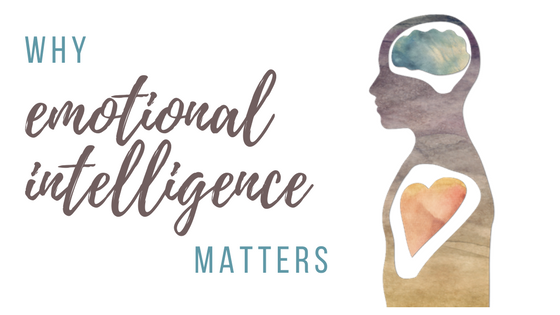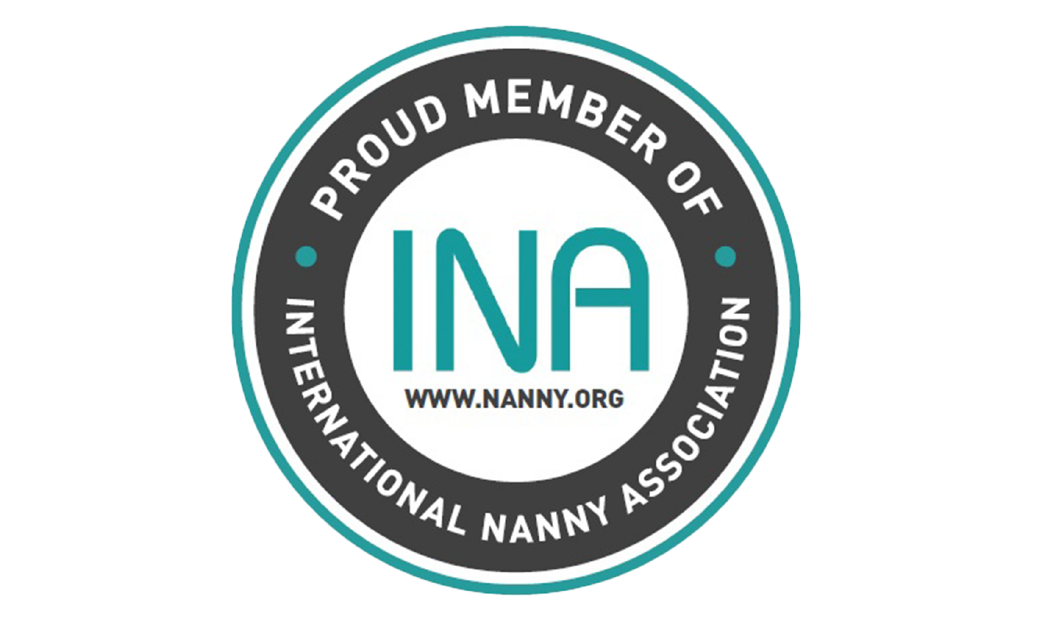
Why Emotional Intelligence Matters – Part 1

Why Emotional Intelligence Matters – Part 1
Think of a time where you were overcome with emotion. Whether you experienced a loss, someone hurt your feelings, or you were under a lot of stress. Were you able to express how you felt? Did you take a breath and try to find a solution to make the situation better? Did you choose to participate in an activity to make you feel better? Now think about how you learned to be in touch with your emotions and how you learned to manage them.
Children’s experiences affect how their brains work and develop as adults. A person’s ability to have empathy, problem solve, and have control over their body and emotions happen when the brain fully matures in their mid-20’s. Have you ever been at a loss when a child seems to overreact to something that seems so small? We try to explain the logical reasons to convince them not to be upset and it doesn’t make them feel any better. That’s because the logical part of the brain is still maturing which makes it difficult to cope with overwhelming emotions. Emotional intelligence and self-regulation doesn’t just happen, it is modeled, taught, and practiced. So what can we do about that? We teach them, and we can help them practice it over and over again.
Similar to children attending school and learning the alphabet to eventually know how to read a book, children must learn a language to describe their emotions so they know how to respond to those emotions. We teach social skills by teaching kids to share, listen well, and resolve conflict because this will help them to develop healthy relationships. Teaching emotional awareness and intelligence is life changing.
Children who aren’t afraid of their emotions and feel comfortable talking about them will know how to better control them. Children need to know that emotions are mentionable and manageable. Children who are skilled at identifying and managing their emotions are more likely to succeed at work, have longer marriages, and suffer less depression and anxiety. Ultimately, children who are skilled at identifying and managing their emotions are more likely to have a better quality of life.
When children understand emotions, are able to identify their own, and know what to do with these emotions, they will have more self-awareness and self-compassion. They will know how to self-regulate and make mindful decisions while dealing with life’s challenges. They won’t criticize or judge themselves, but instead will use their emotions as clues and feedback to figure out a productive solution. They will grow to be empathetic and empowered problem-solvers.
Now that we know how emotional intelligence builds resilience and why it is so critical, we will take the next blog post to discuss some strategies and methods!
This is the first of a series of blog posts by Hannah Morrison. Hannah is a behavior therapist and former nanny who has presented at Stanford Park Nannies’ Nanny Up training series.
Categories
Tags
"Finding the right caregiver for your children can feel like an overwhelming task, but Stanford Park Nannies made the process incredibly smooth and successful for our family. From the moment we contacted them, they were attentive, professional, and incredibly understanding of our specific needs. They made the entire process stress-free and gave us the gift of knowing our children are in the best hands possible."
“I would like to thank the whole team at SPN for all you guys do. In this midst of the heartbreak and hardships the COVID-19 crisis has imposed on our neighbors, our families, and our friends, I am also inspired and deeply moved by the compassion, resiliency, and the human spirit of the SPN team. Thank you for being there with us. We are here for you.”
"I would rate Stanford Park Nannies very highly! They provide a great flow of very qualified candidates, who are all prepared to pay taxes. They have a great vetting process and did not waste our time with those that weren’t a fit. In addition to our full-time search, they had the ability to quickly identify relevant interim/temp nannies as well!"
"SPN is a powerhouse agency of incredible women who embody experience, passion, and a heart for service!"








